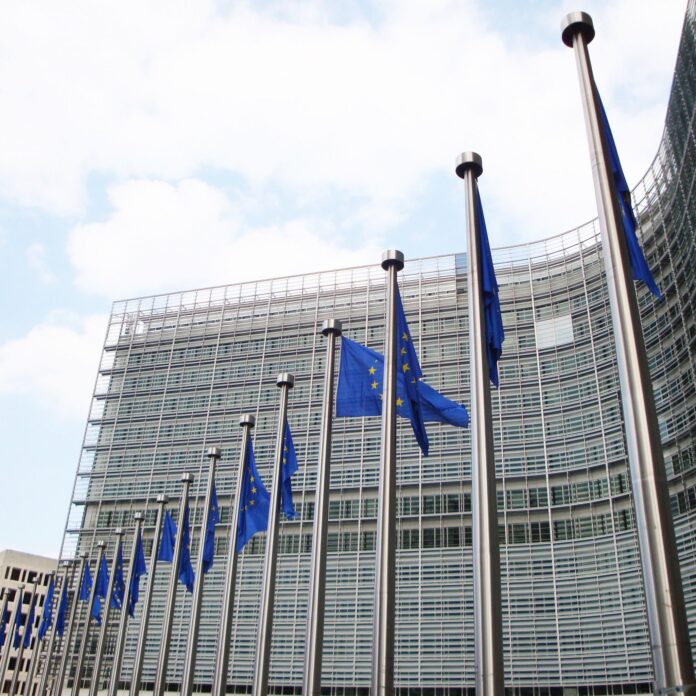The four Italian carriers had launched their 5G networks between June 2019 and December 2020
The European Commission (EC) approved an Italian government program to allocate 2 billion euros ($2.14 billion) for expansion of 5G and fiber networks in the country as part of a post-Covid-19 economic and social recovery plan.
Italy’s program had to be approved by the EC due to the cash coming from the European Union’s (EU) Recovery and Resilience Facility (RRF), which provides grants and loans to member states.
The infrastructure scheme, which will run until June 30, 2026, will be entirely funded via the RRF, following the Commission’s positive assessment of the Italian Recovery and Resilience Plan. The Italian Recovery and Resilience Plan includes important investment projects in the electronic communications sector, including the deployment of fixed and mobile networks.
The aid will take the form of direct grants to local communications services providers. The measure will finance the deployment of backhaul networks and base stations to provide 5G mobile services, offering speeds of at least 150 Mbps download and 30 Mbps upload in those areas of Italy which, by 2026, will not be served by networks offering download speed above 30 Mbps.
“This 2 billion euros Italian scheme, entirely funded via the RRF, will support the deployment of high performing 5G mobile networks. This will enable consumers and business to access high-quality 5G services, contributing to the economic growth of the country and to the EU’s strategic objectives relating to the digital transition,” EC EVP in charge of competition policy Margrethe Vestager said.
In the assessment of the scheme, the European Commission found that the measure is necessary and proportionate to address market failures, namely the absence of current or planned mobile networks that would adequately address end-users’ needs. “The existence of a market failure has been assessed through the mapping of currently available and planned infrastructure, as well as through a public consultation conducted by the Italian authorities,” the EC said.
“The measure has an incentive effect, since it facilitates the roll out and operation of high-performing mobile networks that private operators are not willing to deploy due to high costs, which are not balanced by forecasted revenues.”
The four Italian mobile operators launched their 5G networks between June 2019 and December 2020.. WindTre previously reported it covers more than 95% of the Italian population with 5G. WindTre is also deploying its 3.7 GHz band with which it claims to cover more than 40% of the population.
Iliad, TIM and Vodafone have focused on rolling out 5G across major Italian cities using spectrum in the 3.7 GHz band they acquired at 2018’s 5G spectrum auction. Recently, Vodafone announced that it will have 5G networks in 50 to 60 cities by the end of 2021.
TIM reported it will expand its 5G offering to more than 20 cities by the end of 2021. Iliad, TIM and Vodafone also secured licenses on the 700 MHz frequency band but need to wait until July 2022 for that spectrum to become available.

